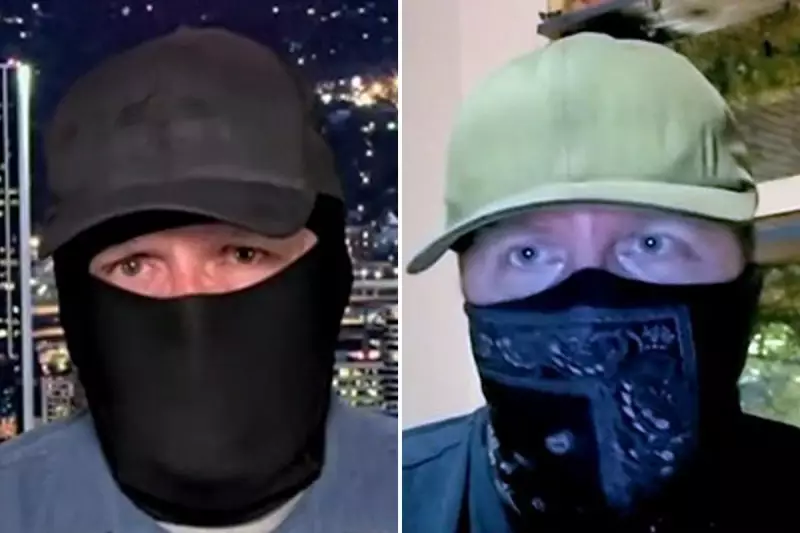
Fox News host Jesse Watters has ignited a firestorm of criticism after presenting a thoroughly debunked internet conspiracy theory as legitimate news during a recent segment on his prime-time show.
The controversial presenter claimed that left-wing activist network Antifa was receiving tactical training from the notorious Mexican Mafia prison gang, allegations that originated from unsubstantiated social media posts and have been repeatedly dismissed by law enforcement experts.
The Baseless Allegation
During his programme, Watters presented the theory with dramatic gravity, suggesting a coordinated effort between the activist group and the criminal organisation. "This is according to law enforcement," Watters asserted, despite no credible evidence or official sources supporting the claim.
Fact-checkers and media watchdogs were quick to highlight that the story had been circulating in fringe online forums for weeks before being amplified by the Fox News personality to his substantial television audience.
Expert Dismissal and Backlash
Security analysts and journalists specialising in extremist groups immediately condemned the segment as irresponsible. Multiple experts confirmed that no credible evidence exists to support such coordination between Antifa and prison gangs.
The reporting drew particular criticism for its timing and potential to inflame political tensions, with media ethics advocates describing it as a dangerous example of how unverified online rumours can enter mainstream discourse through major media platforms.
Pattern of Controversial Reporting
This incident represents the latest in a series of controversial moments for Watters, who has previously faced criticism for segments that critics argue blur the line between commentary and verified news reporting.
Media analysts note that the promotion of such baseless theories raises serious questions about journalistic standards and the responsibilities of major news networks in an increasingly polarised media landscape.
The controversy comes amid ongoing debates about misinformation and its real-world consequences, highlighting the challenges facing media consumers in distinguishing between substantiated reporting and politically motivated fabrication.





